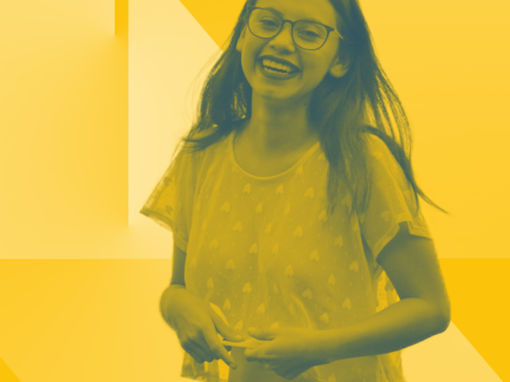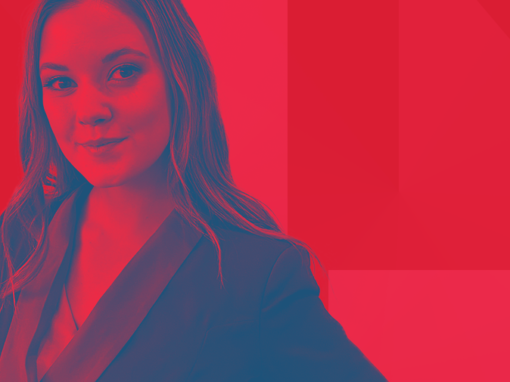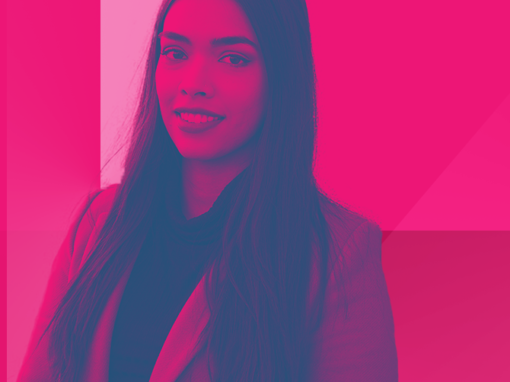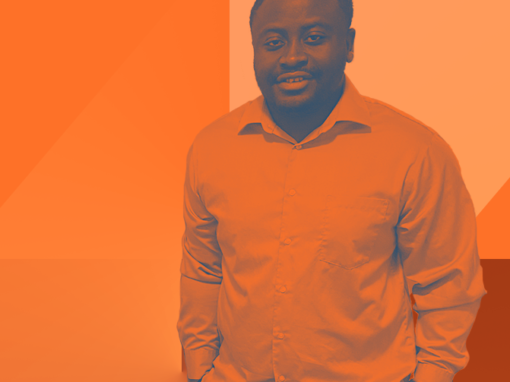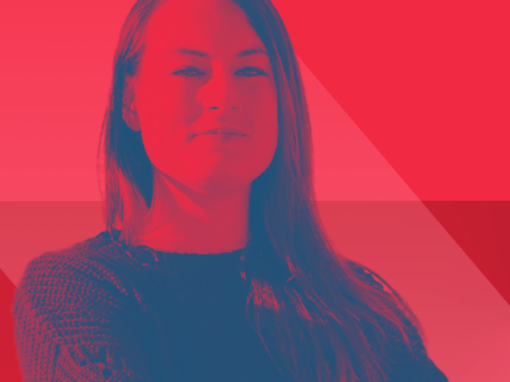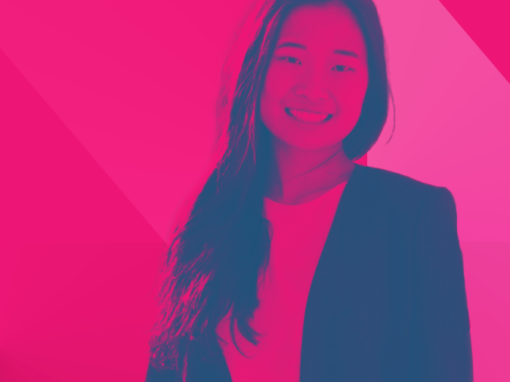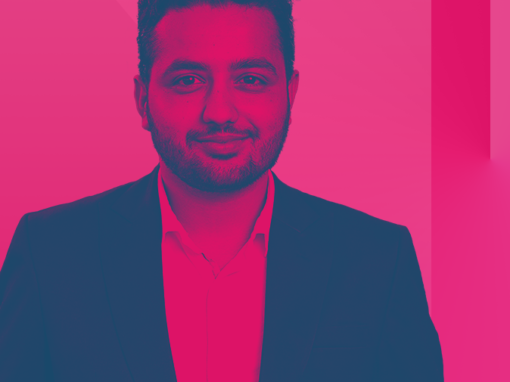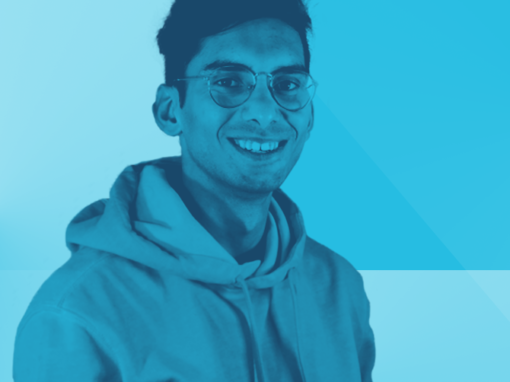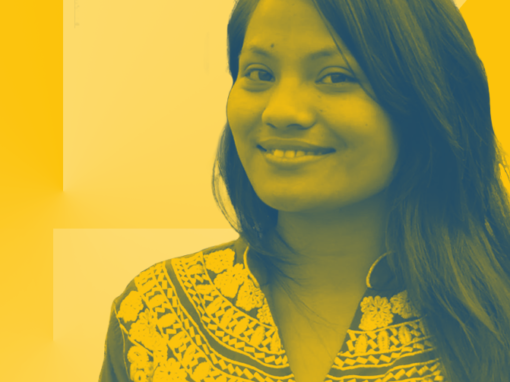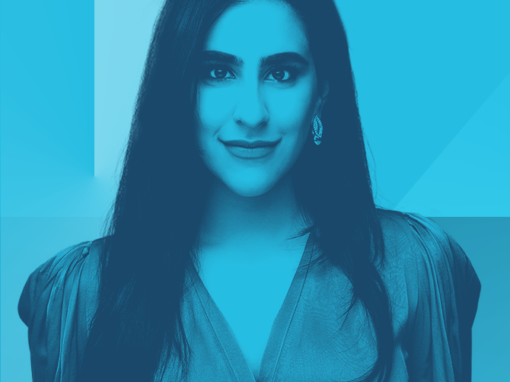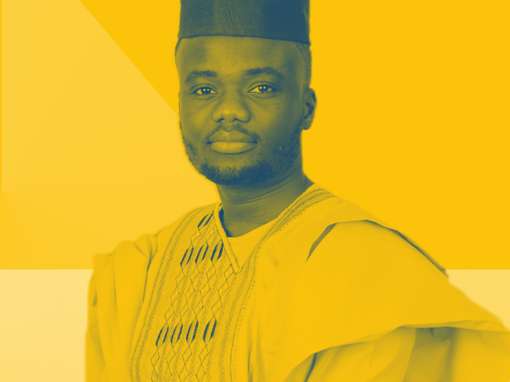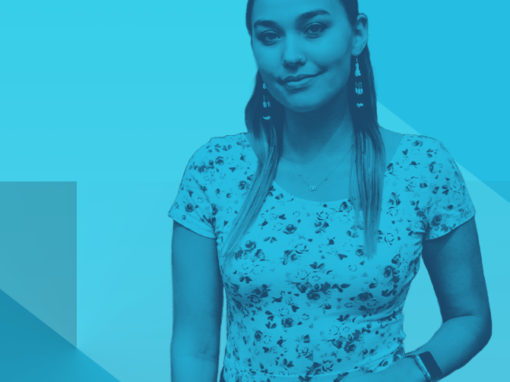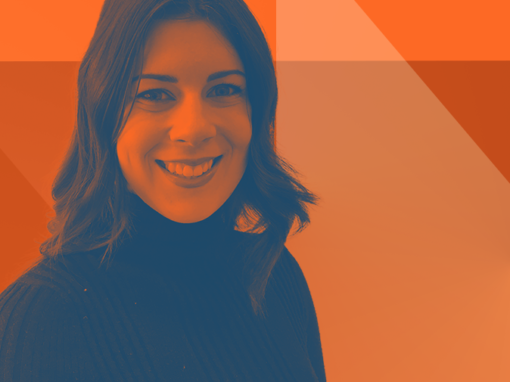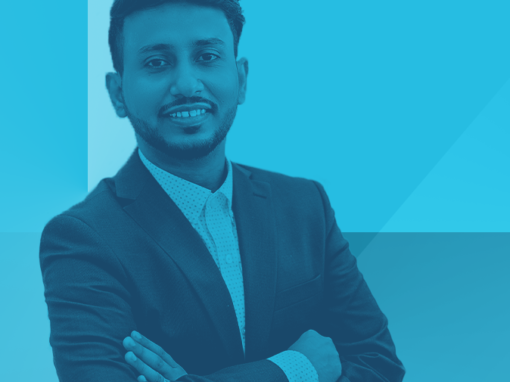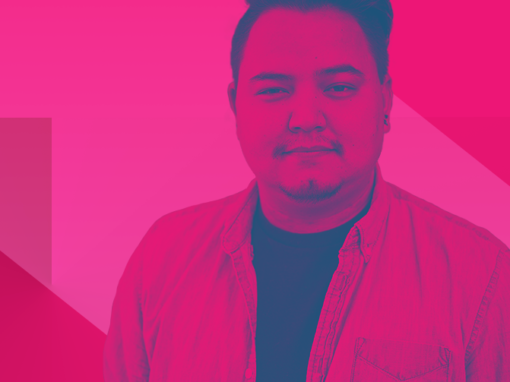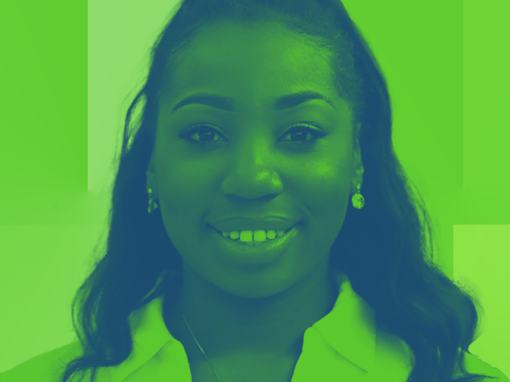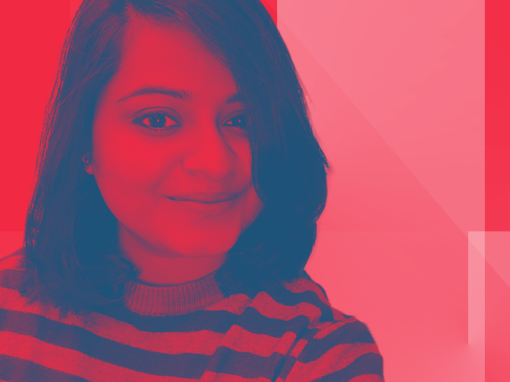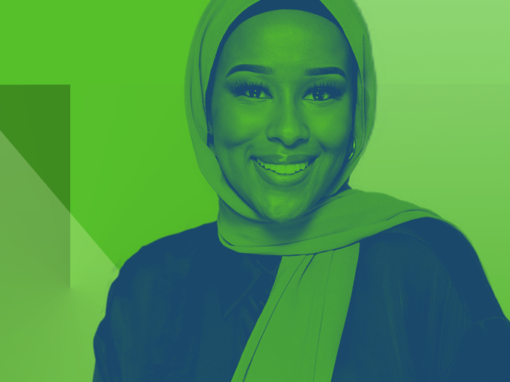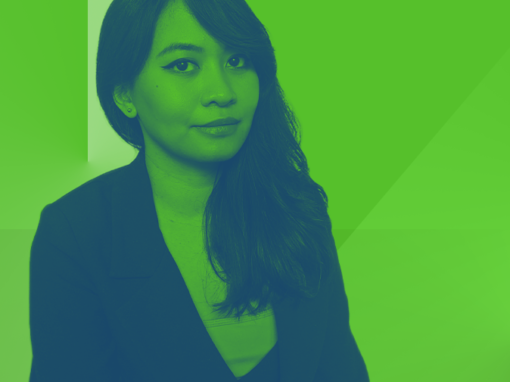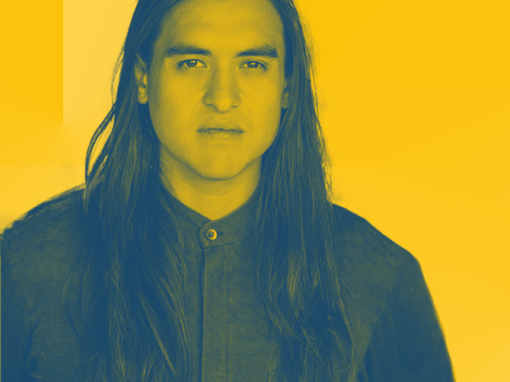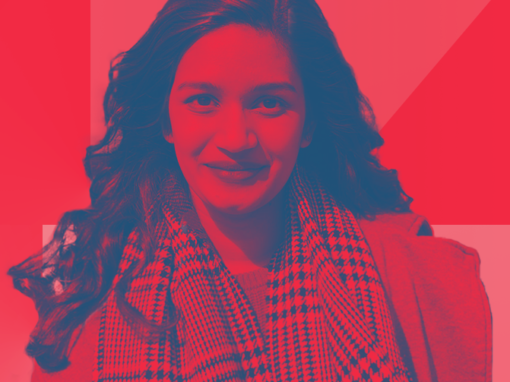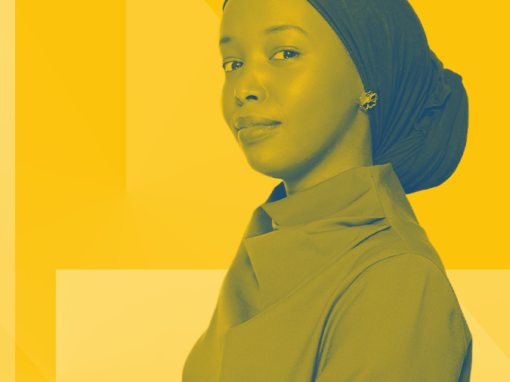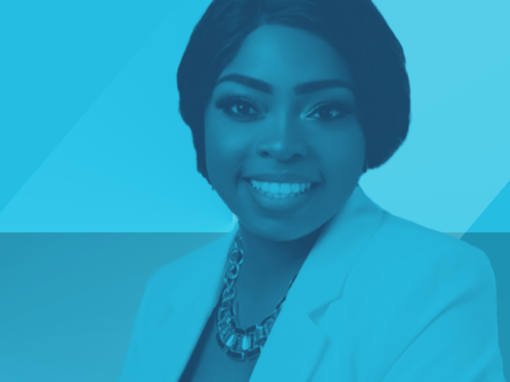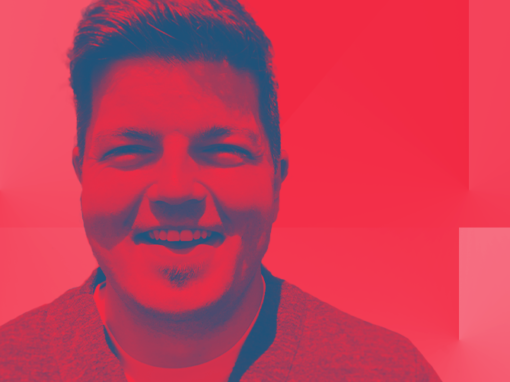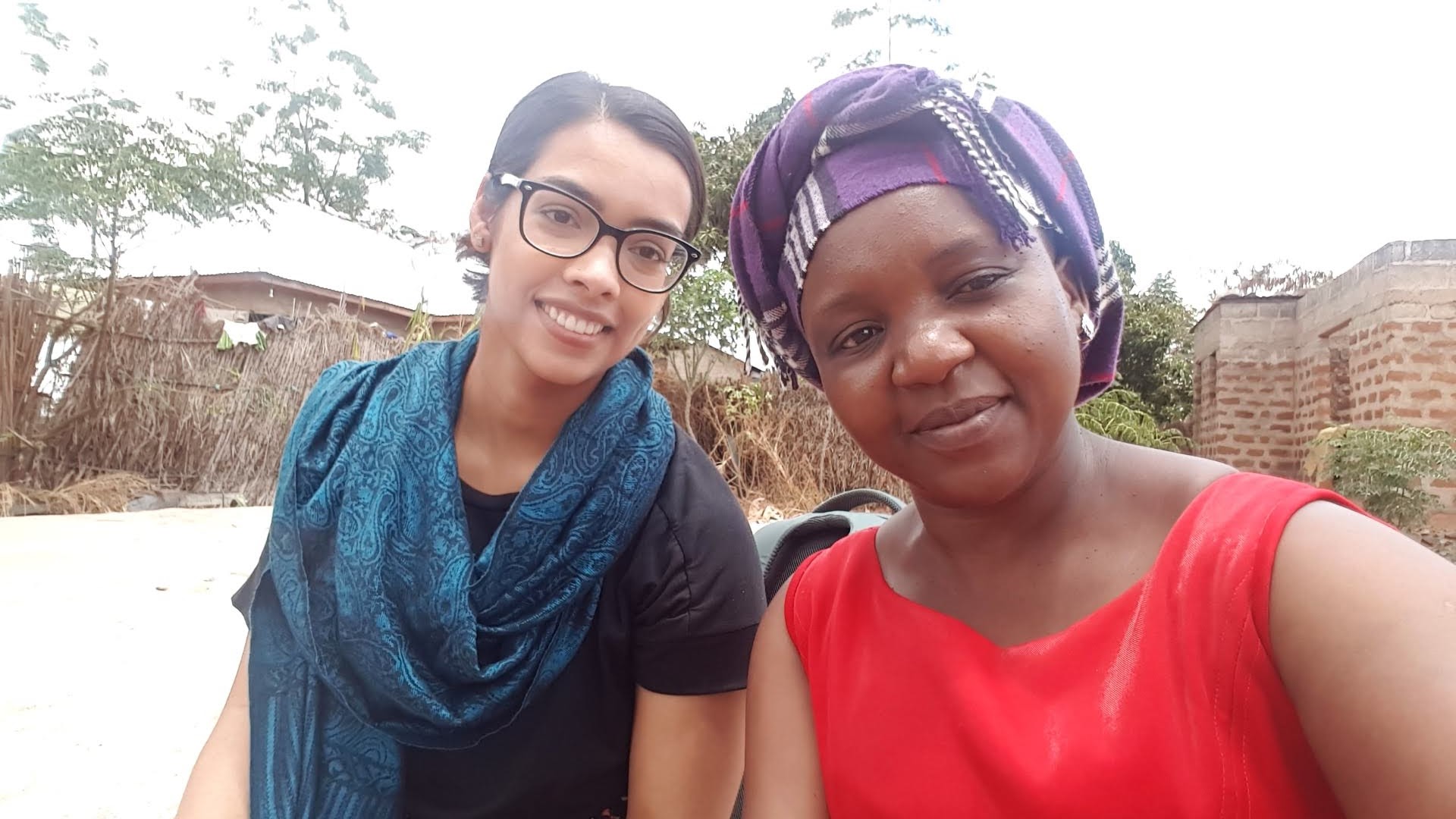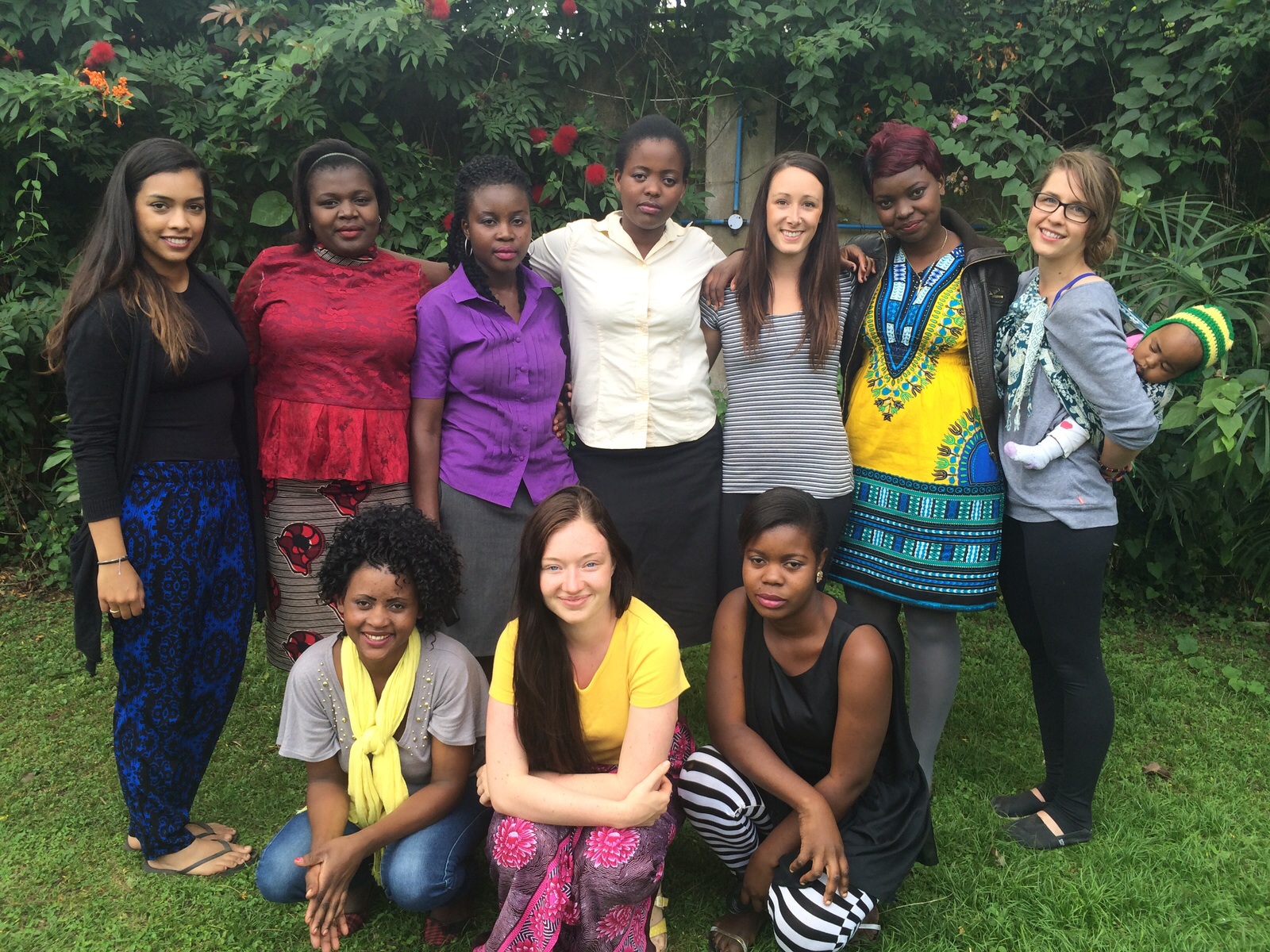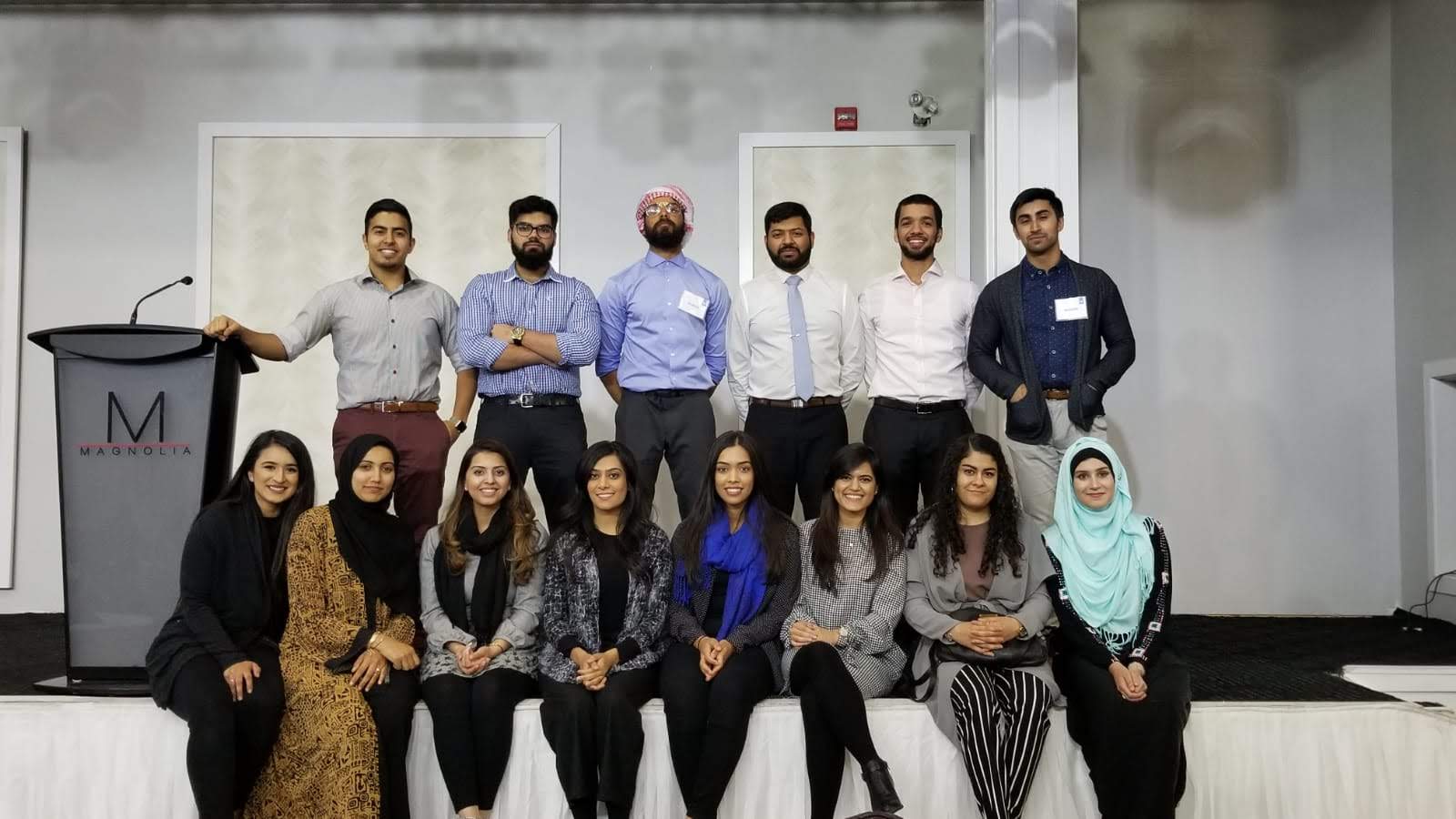“It’s time for people of all genders to feel confident, equipped, and have access to equal opportunities by removing traditional roles and stereotypes from society to achieve gender equality by 2030.
Sundus Khan
2021 Top 30 Under 30
About
Age: 28
Hometown: Hyderabad, Sindh, Pakistan
Current Residence: Calgary, Alberta
Organizations:
- Healthy Adolescent and Young People (HAY!), University of Calgary
- Calgary Catholic Immigration Society
- Calgary Senior’s Resource Society
- Islamic Relief Canada
- Emerging Health Leaders Calgary
- YMCA, Arts Department
Sustainable Development Goals (SDGs) I am most passionate about:
What inspired you to get involved with social justice?
I moved from Hyderabad, Pakistan to Calgary, Alberta at the age of nine with my two brothers and mother. As the only daughter of a single-parent household, I grew up with the responsibility of supporting my family, as is expected within my culture. However, my childhood made me independent and self-sufficient at a young age, with numerous opportunities to pursue sports, music, travel, and further education. My family met every week at my uncle’s house, where we discussed the political climate. I learned to act on social injustices through petitioning, letter writing, and raising awareness. These meetings laid the foundation for my advocacy work in supporting those experiencing vulnerability in my community.
There are less than 10 years left until the 2030 deadline for achieving the Sustainable Development Goals (SDGs). What issue do you feel is important to address now more than ever?
There is a common misconception that Canada has reached, or is well on its way to reaching, gender equality. However, women, girls, LGBTQIA2S+, and non-binary individuals still face barriers and lack of opportunities due to discrimination and harassment.
Women continue to face numerous barriers progressing their educational and professional careers due to societal gender roles and stereotypes that often place them in the role of caretakers, compounding their responsibilities and stressors. Those who do put their career first can face a wage gap, making $4 less per hour on average than their counterparts. On the other hand, men also face societal challenges detrimental to their overall well-being. In our society, the rhetoric that men are the breadwinners still persists, which can be stressful and trying, especially during an economic downfall, yet they are discouraged from showing emotion or seeking help. Although Canada has made significant progress, LGBTQIA2S+ people continue to face systemic and social stigma and harassment, limiting access to personal and professional opportunities. Despite having laws in place, individuals have been unjustly removed from their professional positions for identifying as LGBTQIA2S+, passed over for promotions or mentorship opportunities, leading to experiences of social rejection and isolation in workplace environments.
These examples are mere fragments of the impact of gender. It continues to play a role in many facets of life: timely access to healthcare, educational and professional opportunities, social experiences, and relationships. However, as mentioned above, gender more often than not has a negative impact, and therefore, must be addressed for all genders to have equal opportunity.
What needs to be done now?
To achieve gender equality in Canada by 2030, we need a whole system overhaul.
We need an upstream, evidence-based, inclusive, and whole system approach to create effective and long-lasting solutions to address gender equality gaps in our communities. To do this, it is essential to first recognize that gender inequality exists: men occupy more roles of power and influence compared to women and gender diverse individuals. Therefore, identifying these imbalances in our society can lead to the formulation of an equitable strategy based on intersectionality and the social determinants of health. Secondly, it is imperative to dispel the notion that gender equality can only be achieved by elevating some genders and not others; comprehensive and evidence-based strategies will positively impact all genders. Lastly, men need to be a part of the conversation. As mentioned above, men hold majority of the decision-making positions and their perspectives and support are valuable in creating sustainable strategies towards gender equality.
What kind of world do you envision for 2030?
If concerted effort towards gender equality begins now, I envision a future where people of all genders feel loved and cherished, while having the confidence and support to pursue their dreams. A future with systems in place for all genders to thrive and grow into their best selves, regardless of the gender they identify with. A future of equal opportunities.
More Top 30s from 2021
